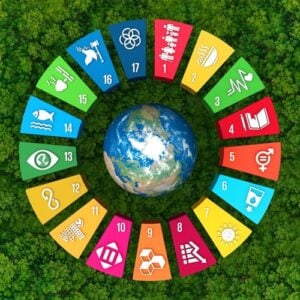The Early Childhood Development Innovation Fund, established by the Inter-American Development Bank (IDB) in collaboration with strategic partners, has significantly improved the lives of over 700,000 children in Latin America and the Caribbean. Over eight years, the fund invested $10 million, benefiting 300,000 parents and caregivers and 5,000 childcare centers across Brazil, Colombia, Costa Rica, El Salvador, Guatemala, Honduras, Jamaica, Mexico, Panama, and Uruguay. The initiative supported 23 projects aimed at increasing early childhood education attendance, enhancing interactions between children and caregivers, and addressing the specific needs of migrant children.
Ferdinando Regalia, IDB Social Sector Manager, emphasized that investing in quality early childhood programs for vulnerable children aged zero to five is highly cost-effective, generating annual returns of up to 14%, while failing to invest can undermine a country’s future education, economic stability, and public health. Among the fund’s notable initiatives, the Reach Up and Learn program in Jamaica strengthened parenting skills during the COVID-19 pandemic and was later adapted successfully in Brazil to enhance children’s cognitive and language development. In Uruguay, the fund supported efforts to reduce preschool absenteeism through caregiver messaging, while in Colombia it facilitated the expansion of the Semillas de Apego program for families in vulnerable contexts.
To promote innovative and scalable approaches in child development, the IDB partnered with civil society organizations including the FEMSA Foundation, Van Leer Foundation, María Cecilia Souto Vidigal Foundation, and Porticus. Together, they designed, financed, implemented, and evaluated programs targeting disadvantaged children under five. Despite these efforts, many children in the region still lack access to essential health, nutrition, and early stimulation services, and countries allocate only 0.34% of GDP to preschool education—far below OECD averages—limiting access to quality programs and deepening social inequalities.
Beyond funding projects, the Early Childhood Development Innovation Fund has served as a regional knowledge platform, generating evidence on effective interventions and sharing resources through the Community of Practice in Early Childhood Development and the Childhood Development Hub. This platform strengthened collaboration among governments, civil society, private sector actors, and academia, laying the foundation for sustainable public policies in early childhood development.
The accomplishments of the fund underscore the IDB Group’s commitment to expanding the scale and impact of development initiatives in Latin America and the Caribbean, demonstrating how targeted investment in early childhood can foster inclusive growth and put people at the center of sustainable development.







